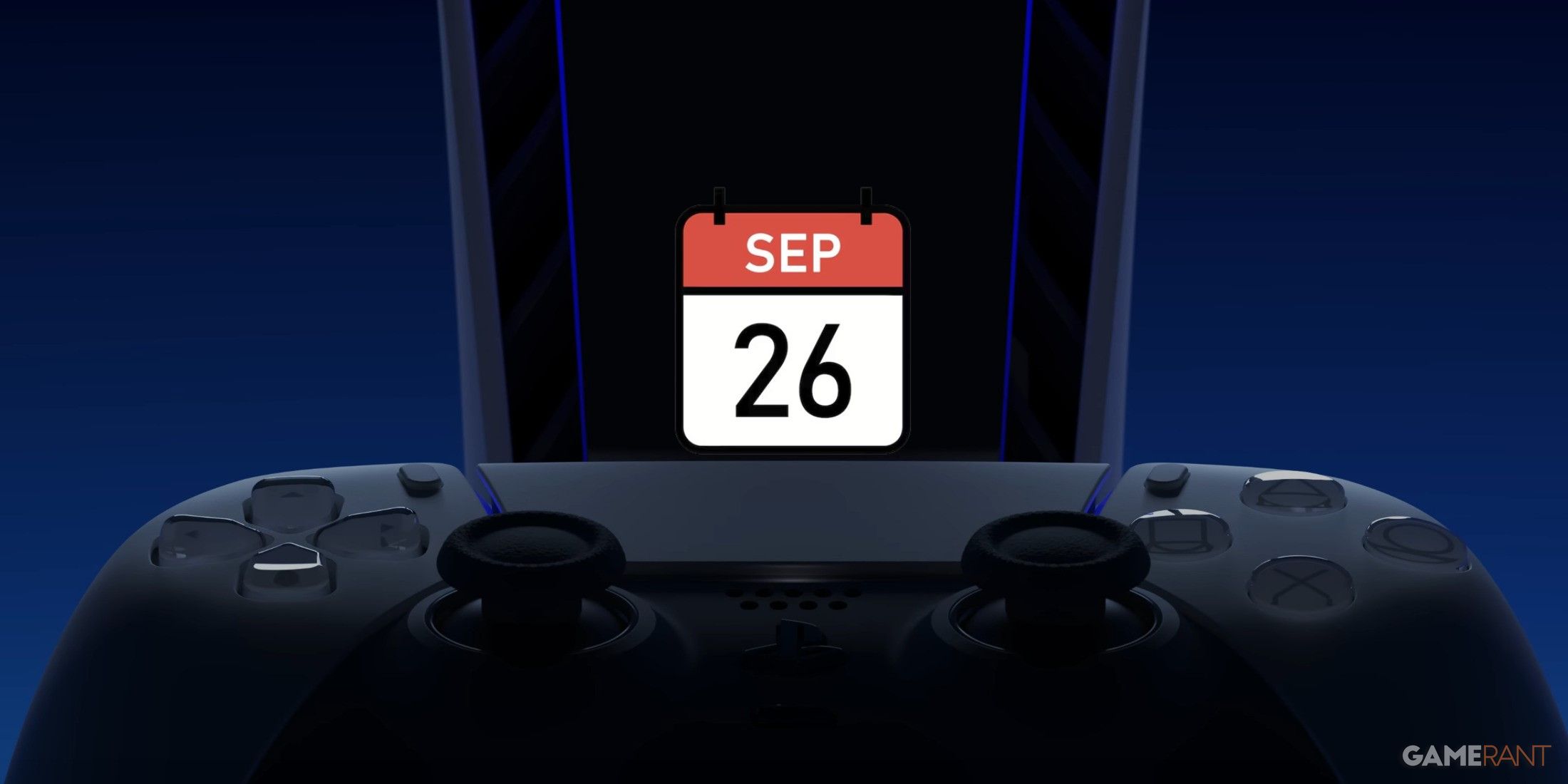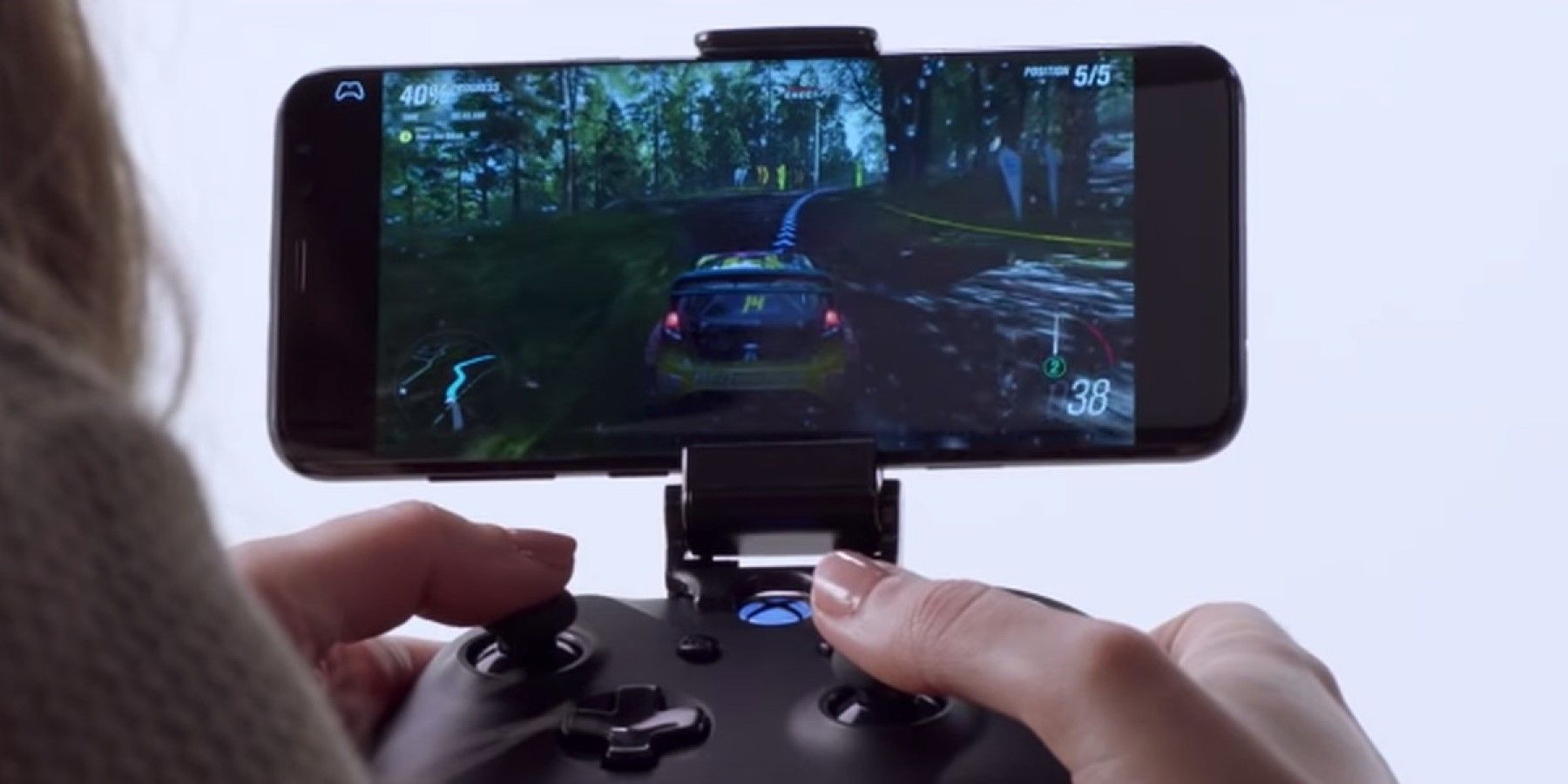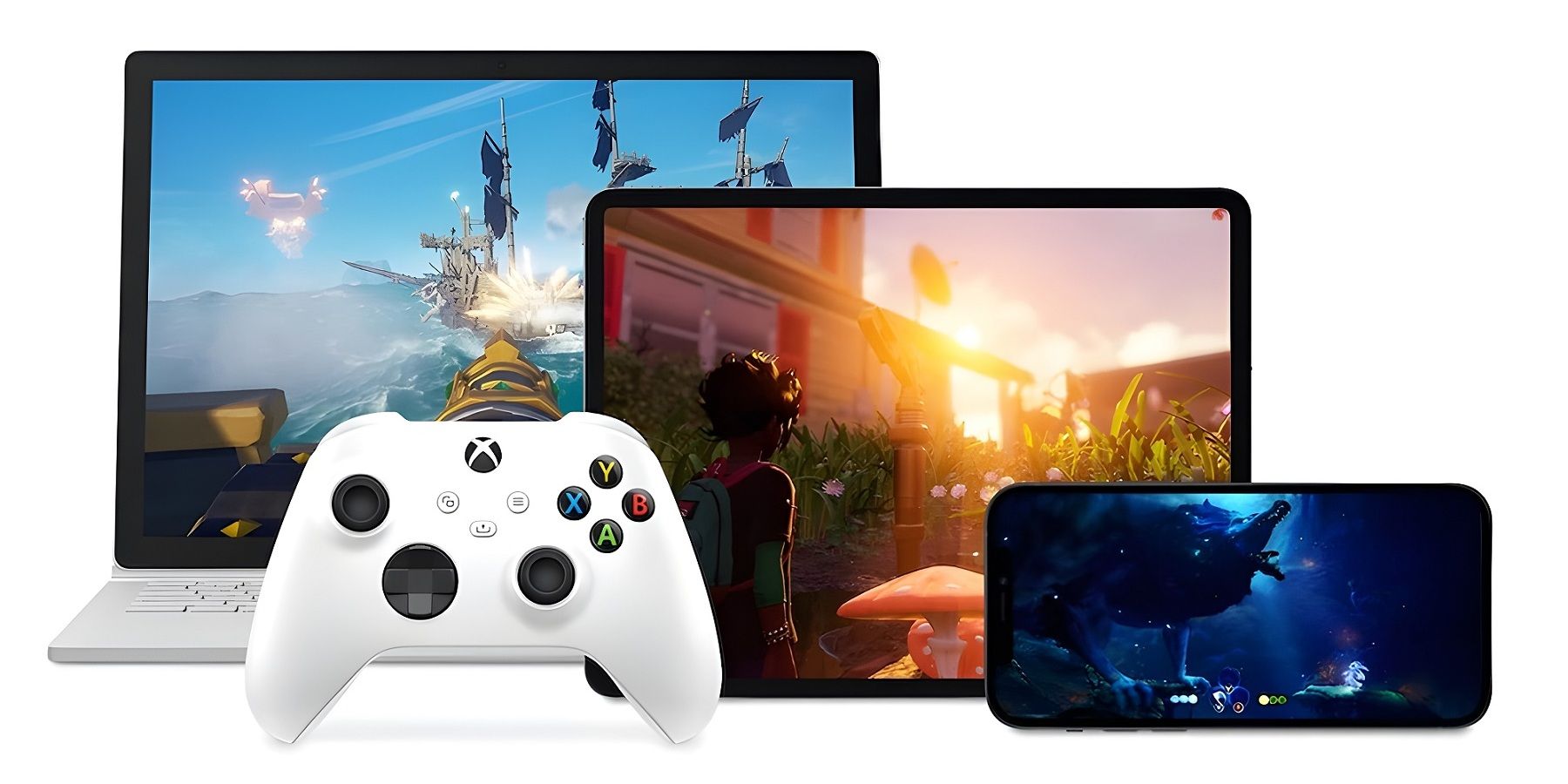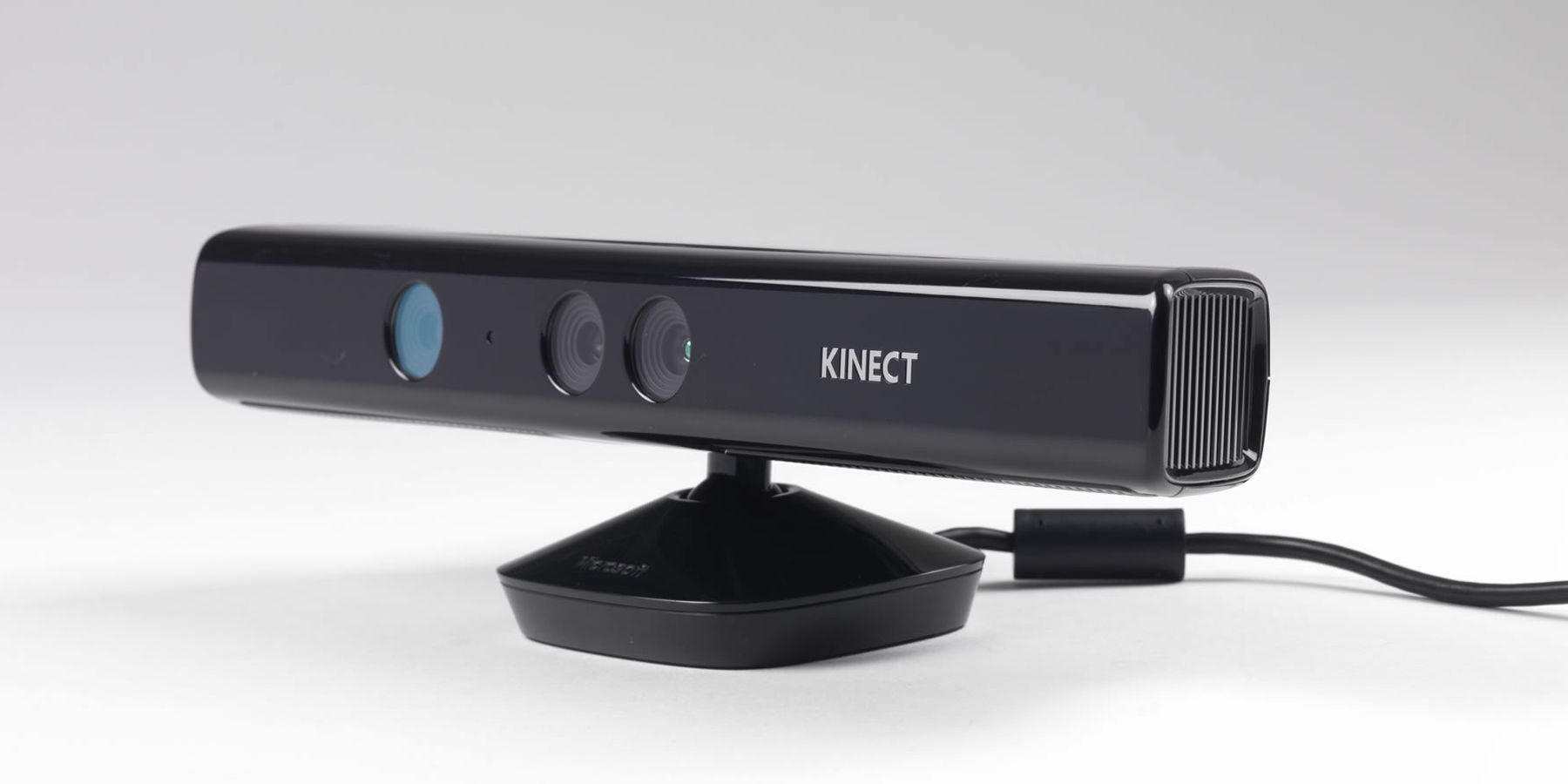There is nothing quite like enjoying a cinematic game on a large screen, although crawling into bed with a handheld gaming device also has its place. Over the years, various gaming companies have tried their hands at portable gaming devices, with Nintendo finding the most success, most recently with the highly popular Nintendo Switch. Strangely, Microsoft has avoided the handheld market entirely. Although it may initially seem odd, there are some good reasons for this.
Microsoft may simply be in the wrong market, as Western gamers have shown themselves to be far less interested in portable gaming than their Japanese counterparts. Furthermore, the company hasn't had the best luck experimenting with new hardware in the past. It probably isn't best to hope for Microsoft to enter the handheld gaming market in the future, as Phil Spencer has expressed doubt that it will ever happen.
Microsoft Is In the Wrong Market for Handhelds
Sony has released the PlayStation Portable and the PS Vita. Nintendo has the Switch, DS, and Game Boy. Naturally, this has led some gamers to question why Microsoft has never tried its hand at portable gaming. The answer may lie in the fact that Sony and Nintendo share an element that Microsoft doesn't - they are Japanese. Traditionally, the Japanese market has been far more fond of portable gaming consoles than its Western counterpart. This can be attributed to various factors. Smaller living spaces in Japan make portable consoles more attractive, and the widespread use of public transport gives Japanese gamers plenty of opportunities to play on the go.
Aside from the perks of portable gaming, Microsoft has firmly planted itself in the West, and though it has made attempts to penetrate the Japanese gaming space, it has never managed to succeed. Across twenty years, the company has only managed to sell 2.3 million consoles in Japan, and at launch in 2020, the PS5 outsold the Xbox Series X by a vast margin. Because of this Microsoft likely has its eyes on the Western market when it is crafting its gaming department strategies, and signs indicate that Western gamers aren't as receptive to handheld consoles as their Eastern counterparts.
Microsoft Would Rather Play it Safe
It is not easy to thrive in the portable gaming market in the West, and the PS Vita demonstrated this. Despite being a very capable handheld console, it struggled to sell many units and had a painfully short lifespan. This doesn't mean that it is impossible to flourish, as Valve's Steam Deck has shown. Nevertheless, it is an extremely risky market, and after being burned by past risky maneuvers, Xbox's new strategy appears to be to play it safe as far as hardware goes.
Xbox did attempt to step out of its comfort zone with the Kinect motion sensor which integrated gestures from players into gameplay. The gadget was bundled with Xbox One consoles, and Microsoft made a genuine effort to introduce gamers to how the Kinect could innovate games. Unfortunately, it never caught on, and it raised the price of the Xbox One, making it compete unfavorably with the PS4, which was a hundred dollars cheaper at the time. After the blunder, Xbox has never really experimented with new kinds of hardware again.
Xbox CEO Phil Spencer has all but confirmed that Microsoft has no interest in releasing a portable gaming device. The need to do so may not be so urgent, especially when gamers can use remote play to stream their games on their phones and tablets. For gamers who still want a dedicated gaming device, there is still the Steam Deck and the Switch, but Microsoft won't offer similar hardware anytime soon.






